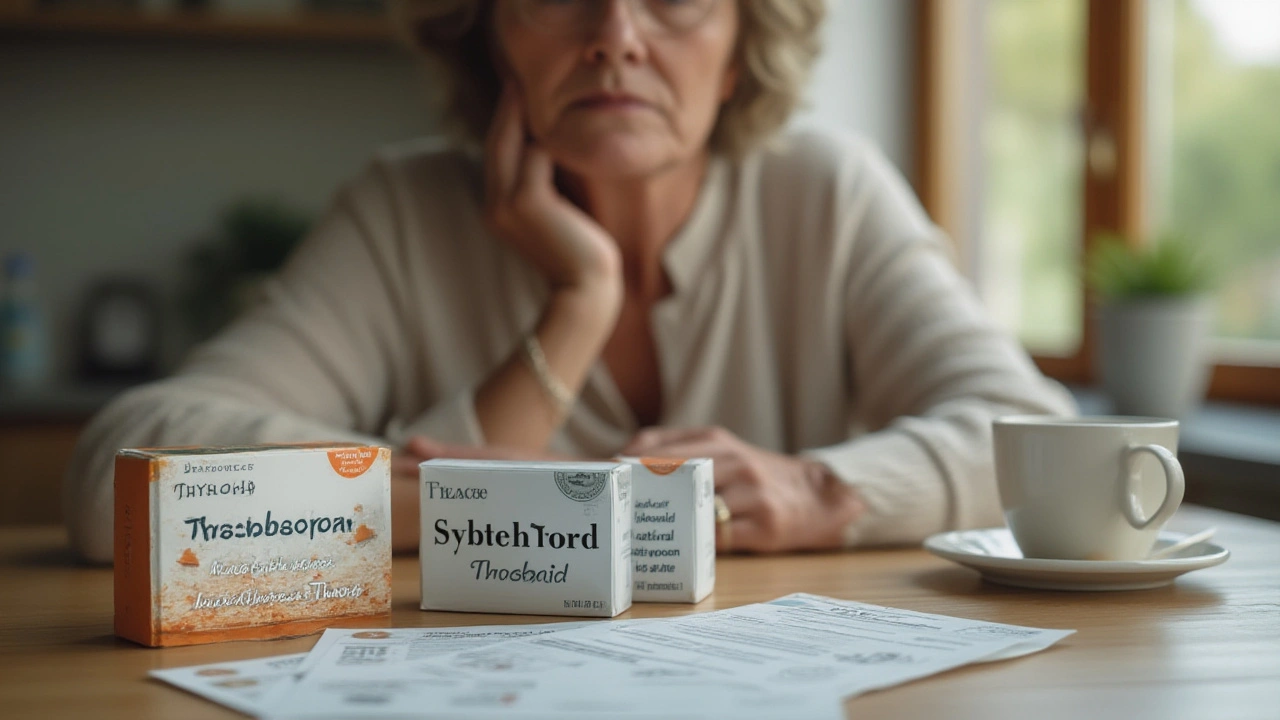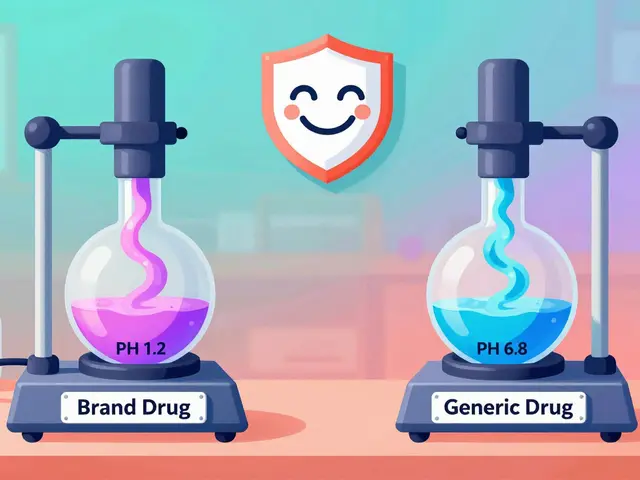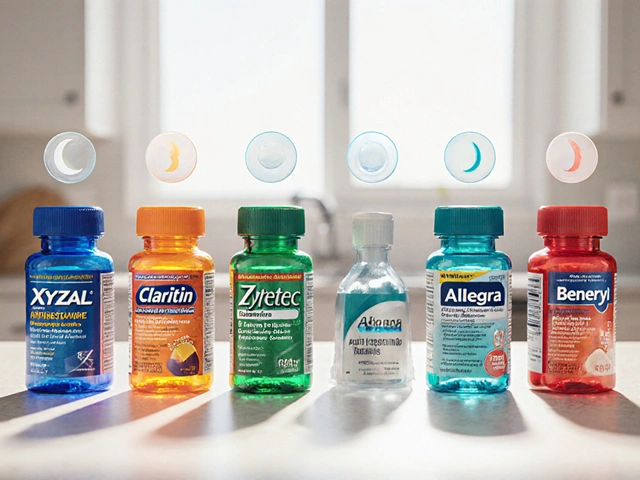Drug Interactions: Same Risk for Generic and Brand Medications
January 30 2026Desiccated Thyroid — Natural Thyroid Extract Explained
If you’re hearing about desiccated thyroid (often called NDT) and wondering what makes it different from levothyroxine, this page gives you the short, practical answers. NDT is made from dried pig thyroid and contains both T4 and T3 hormones. That mix can help some people feel better faster, but it also means dosing and monitoring need more attention than single-hormone meds.
How desiccated thyroid works
Desiccated thyroid provides active thyroid hormones your body needs to control metabolism, energy, and body temperature. Because it contains T3 (the active form) as well as T4, some patients notice symptom relief when levothyroxine (T4-only) didn’t fully help. On the other hand, T3 acts faster and can cause palpitations, anxiety, or sleep trouble if the dose is too high.
Common dose note: one grain of standard NDT (about 65 mg) is typically considered roughly equivalent to 100 mcg of levothyroxine. That’s a rule of thumb — not a precise swap for everyone. Always have your provider calculate any change.
Safety, dosing and buying tips
Start low and go slow. Providers usually begin with a conservative NDT dose, especially in older adults or people with heart disease. Check TSH and symptoms 6–8 weeks after any dose change. Expect the lab plus how you feel to guide adjustments — not labs alone.
Watch for side effects that suggest too much thyroid: racing heart, shakiness, hot flashes, weight loss, or trouble sleeping. If you have heart disease, osteoporosis risk, or are pregnant, talk to your clinician before switching — management differs a lot in these situations.
Because NDT is an animal product, it may not be suitable for some religious or dietary preferences, and rare allergic reactions are possible. Also know that NDT potency can vary between brands, so staying with the same product or working closely with your clinician helps keep levels steady.
Thinking of buying NDT online? Only use pharmacies that require a prescription and show clear licensing information. Look for third-party verification (like PharmacyChecker or national pharmacy boards in your country). Avoid sites that sell prescription drugs without a script or that offer suspiciously low prices — quality matters with hormone meds.
Practical checklists: get a baseline TSH, free T4, and free T3 before switching; keep a symptom diary for 4–8 weeks after each change; and communicate with your prescriber rather than self-adjusting. If you try NDT and don’t feel better after a steady trial and proper lab checks, discuss alternatives — the goal is to feel well and stay safe.
Want more detailed reads or pharmacy safety tips? Browse our site’s articles on thyroid meds and online pharmacy checks to learn where to buy safely and what to watch for when ordering hormones online.
 28 Jul
28 Jul
Desiccated Thyroid vs. Synthroid: Comparing Effectiveness, Dosage, and Side Effects
Explore the pros and cons of desiccated thyroid and Synthroid for hypothyroidism. See a detailed breakdown of effectiveness, dosing, and side effects.
Read More...




